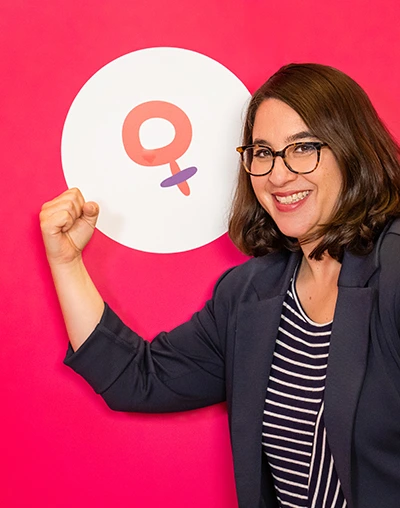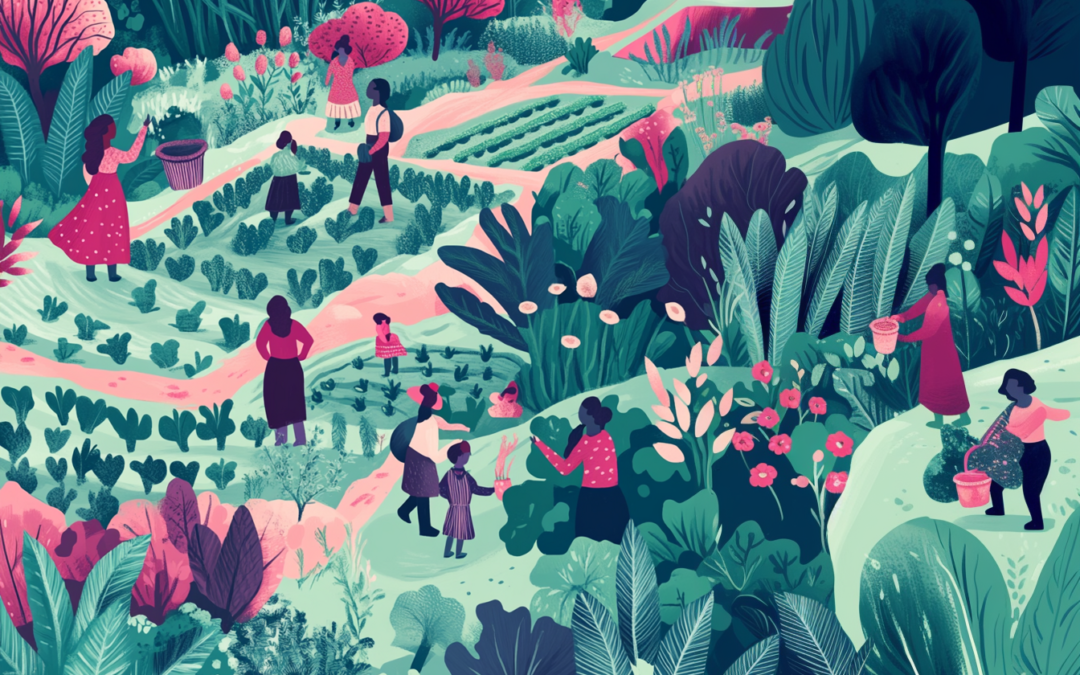I had the pleasure of participating in the seminar on the agroecological approach and crises organized by the Minka international network in Brussels on February 6, 2025, for its fifth anniversary. As Senior Director of International Programming at Mission inclusion, I would like to share my reflections on the transformative potential of agroecology as a response to current challenges.
Who is most affected by food crises?
Our work shows that climate change and armed conflict disproportionately affect specific populations at the root of most food crises worldwide. People in low-income rural communities, workers on smallholder farms, displaced people and refugees are particularly vulnerable. This vulnerability is not an accident: it stems from structural inequalities that limit their access to resources and opportunities.
Current projections suggest that climate change could push 101 million people into food insecurity by 2030, with a disproportionate impact on women. The situation is alarming: the World Food Programme (WFP) reports that more than 900,000 people live in famine-like conditions, a tenfold increase since 2017.
How can the principles of agroecology strengthen community resilience?
We observe that the principles of agroecology offer concrete, accessible solutions for strengthening community resilience. It proposes techniques that enable crops to be maintained even under challenging conditions without the need for significant investment or advanced technologies. Rainwater harvesting and drip irrigation, for example, help preserve soil fertility while being economically accessible.
The crucial role of women in the agro-ecological transition
Agriculture is women’s leading employment sector in low- and middle-income countries. Yet they face significant barriers: They tend to farm on smaller, less fertile lands, with more limited resources, or lack access to land.
At Mission inclusion, we have observed the positive impact of women’s empowerment through agroecology on the ground. In Burkina Faso, for example, we carried out a project in collaboration with our local partners from 2020 to 2023, which supported women and displaced persons in applying agroecological practices. The results are convincing: the participants improved their fields’ productivity and even recovered land that was considered very poor.
Towards an inclusive approach to agroecology
To maximize its impact, we need to implement agroecology inclusively. This involves several key elements:
• Ensuring equitable access to resources, including through community-based land management systems
• Recognizing and integrating local and traditional knowledge often held by women and indigenous peoples.
• Encouraging the participation of vulnerable populations in decision-making processes
• Providing training for all in agroecological techniques to improve yields
It is particularly concerning that despite commitments by governments and international donor agencies, only 2.4% of climate-related official development assistance is dedicated to gender equality as a primary objective.
Our experience shows that the results are remarkable when women are fully involved. For example, women-only community forestry groups achieve better results in forest regeneration.
Agroecology is more than just an agricultural approach; it is a powerful lever for social transformation. Combining environmental sustainability and social equity offers a promising way to build communities more resilient to crises. The success stories we see on the ground show us that it is possible, provided that we adopt a genuinely inclusive approach that places the most vulnerable populations at the heart of the solution.

Geneviève Gauthier
Senior Director
International Programming
Mission inclusion

